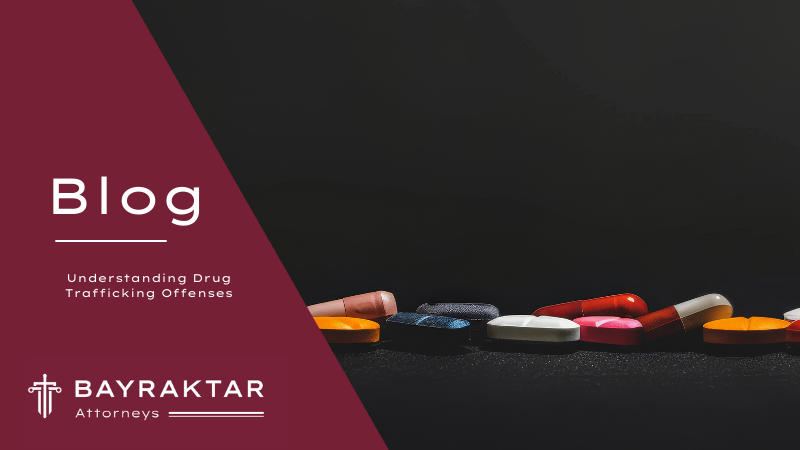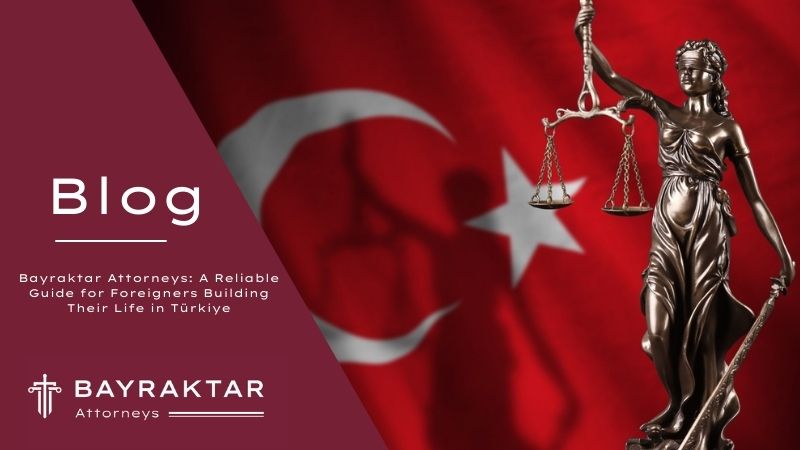
Understanding Drug Trafficking Offenses
In the realm of legal statutes, drug trafficking offenses stand as a significant delineation within Turkey’s Penal Code.
Defined under Article 188, these offenses encompass a broad spectrum of activities relating to the manufacturing, importation, exportation, sale, distribution, transportation, and possession of drugs or stimulants.
Within this legal framework, the gravity of the offense varies depending on the nature of the drugs involved and the specific actions undertaken.
Drug trafficking offenses encompass a myriad of activities, ranging from the production and distribution of substances such as heroin, cocaine, morphine, basmorphine, or bonzai, to the trade of other drugs like marijuana and ecstasy.
The severity of the offense hinges upon the specific provisions outlined in Article 188 of the Turkish Penal Code.
Drug Manufacturing Offense
The act of manufacturing drugs entails transforming one substance into another through processing, thereby altering its chemical composition.
However, it’s crucial to note that mere preservation of a substance’s existing nature does not constitute drug manufacturing.
Additionally, the tools and location utilized in the manufacturing process must be conducive to drug production, as determined by forensic analysis.
Drug Importation Offense
Importing drugs into Turkey from abroad without proper authorization constitutes a distinct offense. Whether drugs enter through formal customs channels or clandestine means, the act of importation is punishable under the law.
Furthermore, individuals facilitating the transit of drugs through Turkey for onward exportation are also liable under drug trafficking laws.
Drug Exportation Offense
Exporting drugs involves transporting controlled substances beyond Turkey’s borders, typically through official customs checkpoints. However, attempts to export drugs, even if intercepted before crossing the border, still constitute criminal activity under Turkish law.
Drug Dispatch or Transportation Offense
Dispatching drugs involves sending controlled substances from one location to another within Turkey, while transportation encompasses the transfer of drugs for purposes beyond personal use.
Both acts carry legal ramifications, irrespective of whether the perpetrator directly handles the drugs or utilizes intermediaries.
Drug Acceptance and Possession Offense
Accepting or possessing drugs for purposes other than personal use is deemed unlawful. Individuals found in possession of quantities exceeding personal use limits may be charged with drug acceptance and possession offenses, even in the absence of evidence indicating intent to sell.
Selling, Offering for Sale, or Purchasing Drugs
The act of selling drugs entails transferring controlled substances to another party in exchange for consideration, while offering drugs for sale constitutes the initial stage of the transaction.
Similarly, purchasing drugs or stimulants for personal use or distribution constitutes criminal activity.
Offering Drugs for Free or for Consideration
Supplying drugs to others, whether free of charge or for a fee, falls under the purview of drug trafficking laws. The act of offering drugs for consumption, regardless of whether the offer is accepted, constitutes a punishable offense.
Storing Drugs or Stimulants
Keeping controlled substances under one’s control for purposes beyond personal use constitutes the offense of storing drugs. This encompasses both physical possession and exerting control over drugs through proxies or intermediaries.
Drug Trafficking
Any of the aforementioned acts, when committed with intent and purpose, constitute drug trafficking offenses under Turkish law. This includes the production, distribution, sale, transportation, and possession of controlled substances.
Elements of Drug Trafficking
To establish drug trafficking offenses, both subjective intent and objective actions are essential. Perpetrators must possess the intent to engage in drug-related activities, coupled with the actual commission of specified acts outlined in Article 188 of the Turkish Penal Code.
Penalties for Drug Trafficking
The penalties for drug trafficking offenses are severe, ranging from lengthy imprisonment terms to substantial fines. Additionally, aggravating factors such as proximity to public places or involvement in organized crime may lead to enhanced sentencing.
Effective Repentance and Penalty Reduction
Under specific circumstances, individuals involved in drug trafficking may benefit from effective repentance provisions, leading to sentence reductions or exemptions. This includes cooperation with authorities and providing substantial assistance in uncovering criminal activities.
In conclusion, drug trafficking offenses constitute a grave violation of Turkish law, carrying significant legal consequences. Understanding the intricacies of these offenses is crucial for both legal professionals and the general public alike.
In light of the intricate nature of drug trafficking laws, seeking legal guidance is paramount. If you or someone you know is facing charges related to drug trafficking, don’t hesitate to reach out to Bayraktar Attorneys for expert legal counsel and representation. Your future may depend on it.







